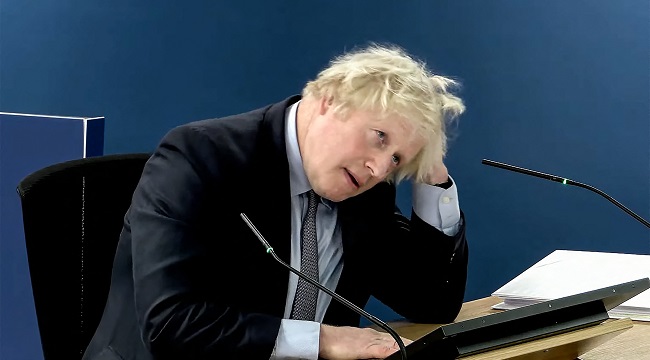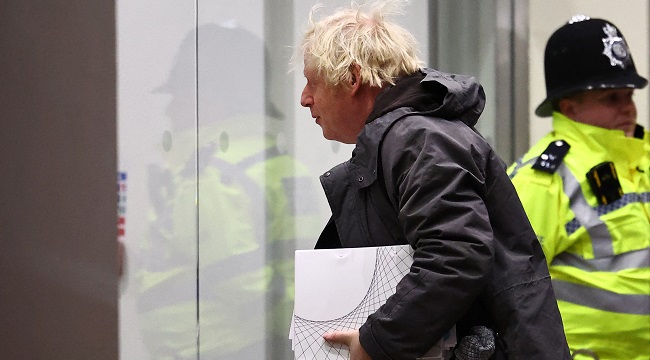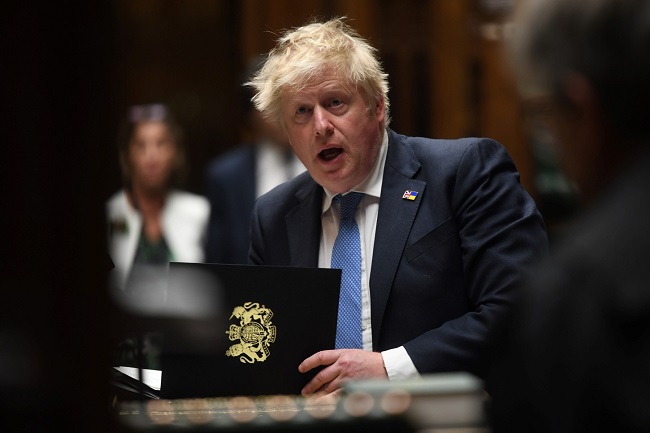
Prime Minister Boris Johnson on Thursday rejected claims Britain was not doing enough to stop the spread of coronavirus, as tough measures were put in place elsewhere to tackle the outbreak.
Johnson has faced calls to shut schools and ban sporting events with large crowds, to try to limit the spread of COVID-19, which has so far infected 590 people in Britain and killed 10.
Pressure mounted for action after neighbouring Ireland, which has had 43 cases and one death, announced that schools, galleries and museums would shut from Friday until March 29.
Mass gatherings would also be cancelled, Prime Minister Leo Varadkar added.
The United States introduced a travel ban from mainland Europe, as European countries, particularly Italy, imposed tough restrictions on movement and sporting fixtures were cancelled.
But Johnson stood firm, even as the FTSE 100 index fell sharply on coronavirus fears and the World Health Organization said some countries were not handling the pandemic with sufficient urgency.
Instead, the British premier insisted he would be guided by his scientific advisers, even after some accusations of “complacency” in the government response.
The editor of The Lancet medical journal, Richard Horton, said more aggressive “social distancing” measures should have been introduced earlier.
Johnson told a news conference the government was “considering the question of banning major public events such as sporting fixtures” as part of its contingency plans.
Other tighter restrictions were in the pipeline, including telling anyone living with someone who has taken ill could be told to self-isolate for seven days, he said.
But scientists currently advised there was more risk of transmission in smaller venues than among large crowds. School closures also “could do more harm than good”, he added.
The new measures — chiefly, that anyone with symptoms should stay at home for at least seven days — were currently the “most powerful defensive lines” to slow the spread of the virus.
“We think it’s very important to maintain public trust and confidence in what we are doing, throughout this challenging time, always to be guided by the best possible scientific advice,” he told reporters.
London is banking on stretching the peak of the outbreak into the summer months, to alleviate pressure on the state-run National Health Service (NHS) and emergency services.
The government on Wednesday unveiled a £30 billion ($38 billion, 34-billion-euro) package to help those affected by the crisis, amid predictions up to 10,000 people could already be infected.
On Thursday, several British universities said they were ending face-to-face lessons while the Electoral Commission recommended that local elections scheduled for May 7 be postponed.
AFP




